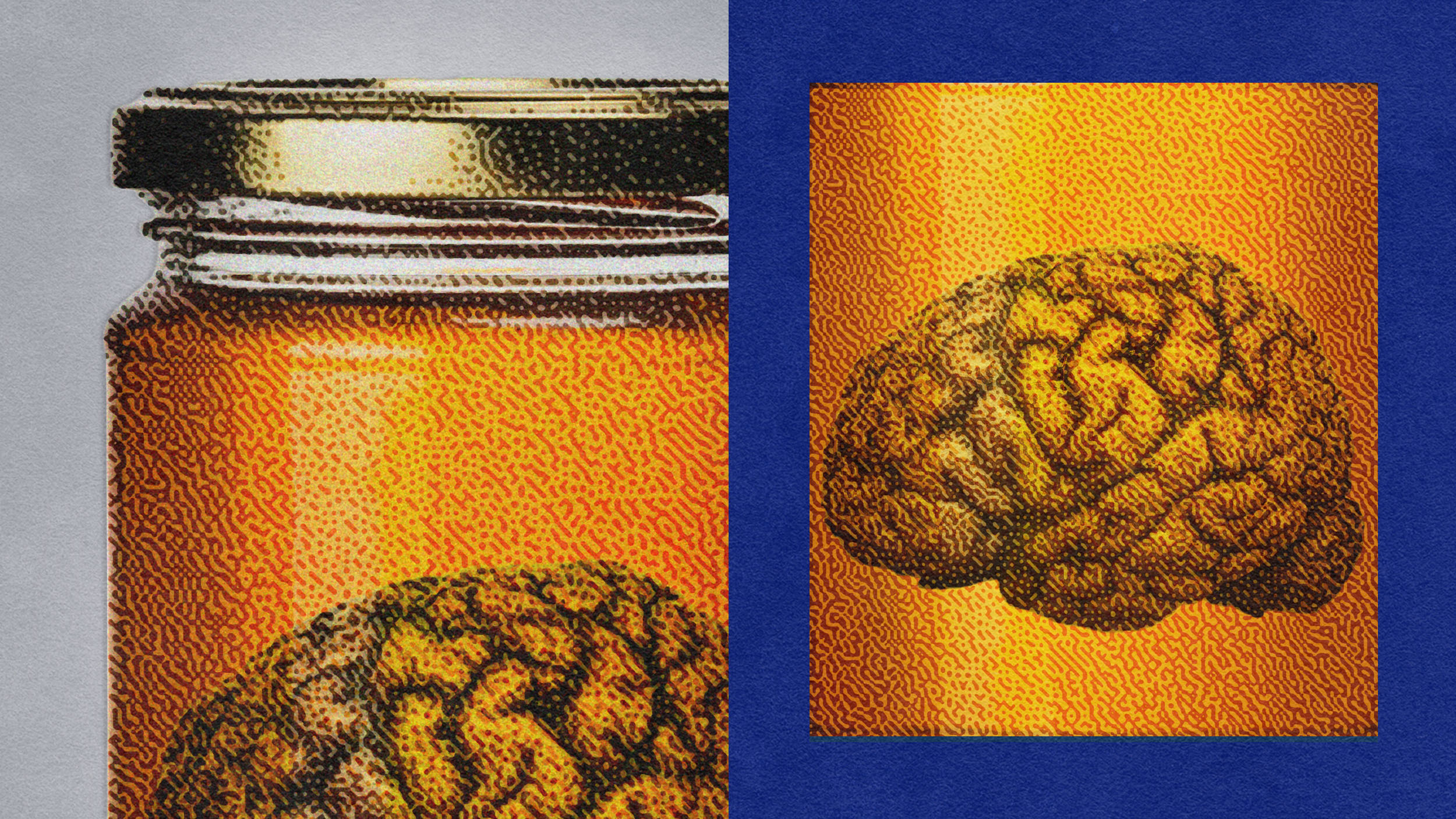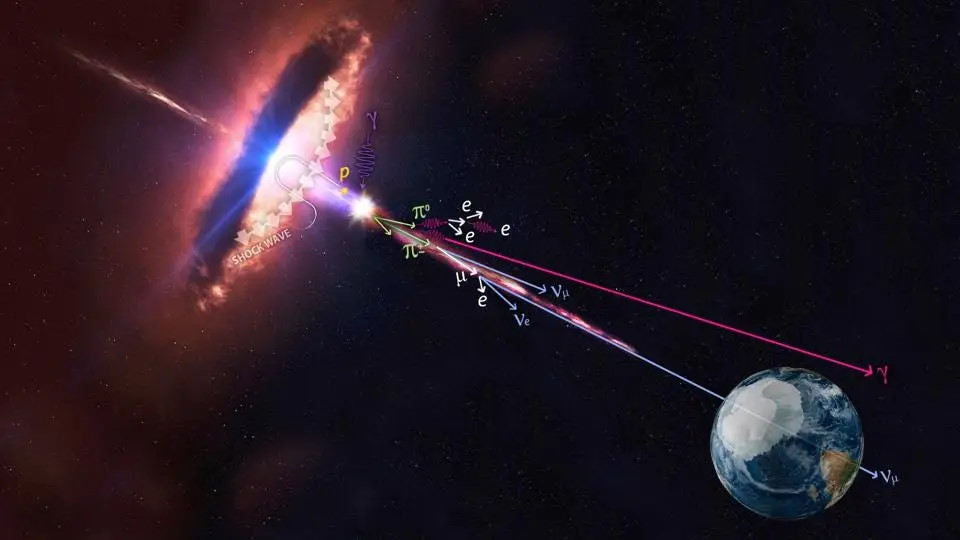For some reason, when we talk about the age of stars, galaxies, and the Universe, we use “years” to measure time. Can we do better?
All Articles
The JWST’s observations of well-developed galaxies early in universal history may coincide with accepted astronomical theory after all.
Psychologist Mary C. Murphy explains why growth-mindset teams outperform those centered around a lone genius.
The most common element in the Universe, vital for forming new stars, is hydrogen. But there’s a finite amount of it; what if we run out?
Sometimes you just want to hear, “I know what it’s like.”
You really can get by with a little help from your friends — if you also look beyond your personal to-do list.
Tough and cutthroat leaders are celebrated in a results-driven culture — but there is another path to C-suite success.
Life arose on Earth very early on. After a few billion years, here we are: intelligent and technologically advanced. Where’s everyone else?
Six visionary science fiction authors on the social impact of their work.
Even with the best technology imaginable, you’d probably never be able to exist as a consciously aware brain in a vat.
Total eclipses are a product of a strange and almost eerie cosmic coincidence — one that makes Earth an even rarer world in the galaxy and, by proxy, in the Universe.
Our Universe requires dark matter in order to make sense of things, astrophysically. Could massive photons do the trick?
Vaccines targeting some of our deadliest cancers are showing promise in early trials.
Throughout the world, traditional political organizations are increasingly seen as dysfunctional. But can democracies live without them?
It’s 50% stronger than comparable materials used in aerospace.
Public mass shooters almost always have worldviews shaped by the “3 Rs”: rage, resentment, and revenge.
When does “oversharing” become an issue?
The ability to toggle between abstract and concrete thinking is a key differentiator of high-potential leaders.
Bob Dylan gave us the paradoxical gem “there’s no success like failure, and failure’s no success at all.” He had a point.
Practically all of the matter we see and interact with is made of atoms, which are mostly empty space. Then why is reality so… solid?
Most counties in the U.S. have only one local newspaper, often one that publishes weekly instead of daily.
A recent study suggests that exposure to visual stimuli can diminish the effects of psychedelic drugs.
If the electromagnetic and weak forces unify to make the electroweak force, maybe, at higher energies, something even grander happens?
What would it take to create a truly intelligent microbot, one that can operate independently?
From Taoism to hedonism, philosophers have devised all sorts of ways to live your best life.
Explore how the study of exoplanets is transforming our understanding of ocean formation.
A physicist, a psychologist, and a philosopher walk into a bar and discuss a framework for thinking better in the 21st century.
The Universe is expanding, and the Hubble constant tells us how fast. But how can it be a constant if the expansion is accelerating?
Here’s what recent DESI measurements suggest — and why it’s too early to update conventional predictions about the Universe’s distant future.





























